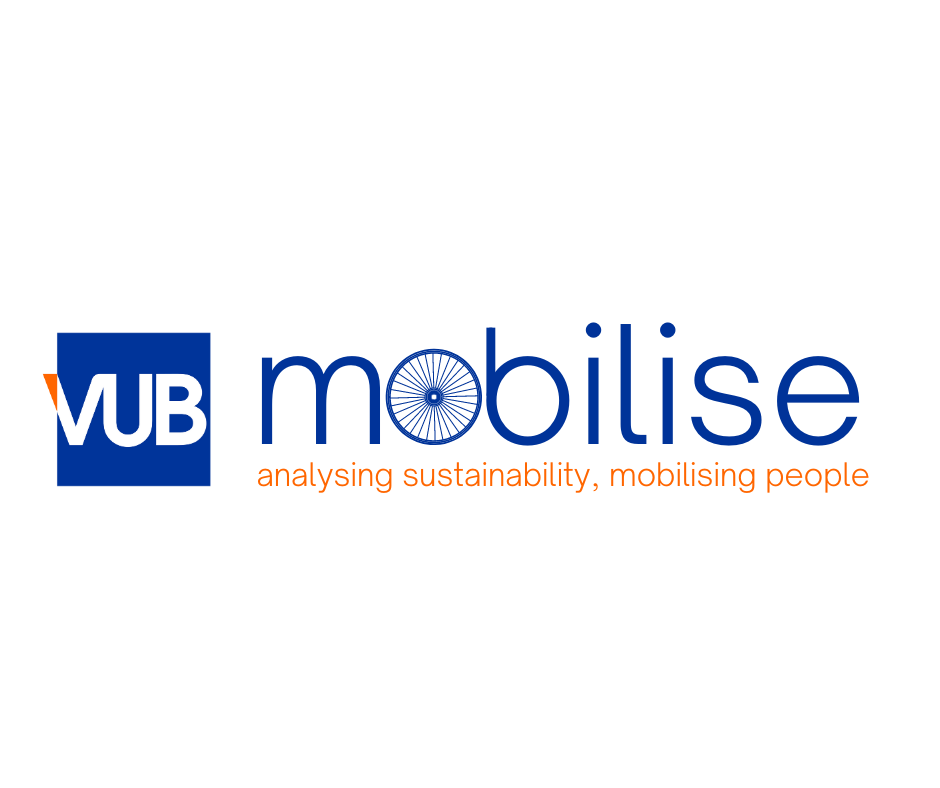
The new open access Springer book "Towards User-Centric Transport in Europe 3: Making Digital Mobility Inclusive and Accesible" is a must read for anyone who is interested in accessible and inclusive digital (shared) mobility! Editors of the book are deputy director of Mobilise, Imre Keserü and Annette Randhahn.
This publication gathers contributions to the EU-funded Horizon 2020 project INDIMO (Inclusive Digital Mobility Solutions), its sister projects DIGNITY (Digital Transport in and for Society) and TRIPS (Transport Innovation for Persons with Disabilities Needs Satisfaction), which have been focusing on making transport systems inclusive and accessible for all. Digitalization has enabled the emergence and proliferation of novel, ‘disruptive’ transport and delivery services. These services are often exclusively only available through digital channels such as a smartphone app or website. Yet a substantial segment of the population is at risk of being excluded from these services for a variety of reasons. Therefore, it is strongly necessary to integrate inclusivity and accessibility into the design and operation of mobility services. This book aims at discussing cases of and reasons for digital exclusion in transport. It also investigates the role of participatory and user-centric planning and design methods in making digital mobility more inclusive and accessible. Further, it discusses tools and technologies that could help policy makers to develop digital mobility as a more inclusive and accessible service.
This book contains two articles from our colleagues: one is about digital shared mobility services and the other tells you more about the INDIMO Inclusive Service Evaluation Tool.
You can download the book pdf for free or buy the soft cover here.
Read the article about digital shared mobility services here.
Link to the article about the INDIMO Inclusive Service Evaluation Tool can be found here.
